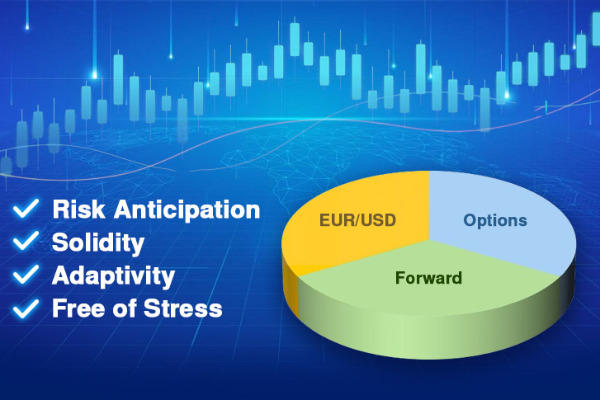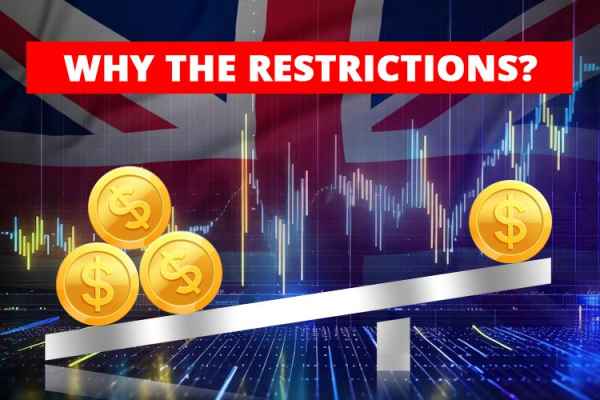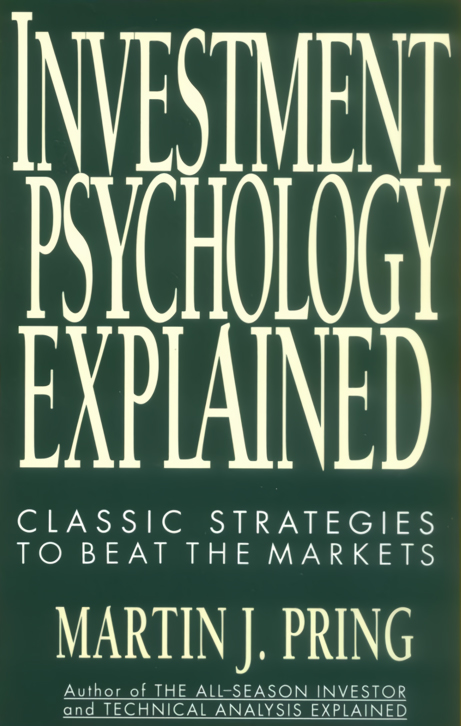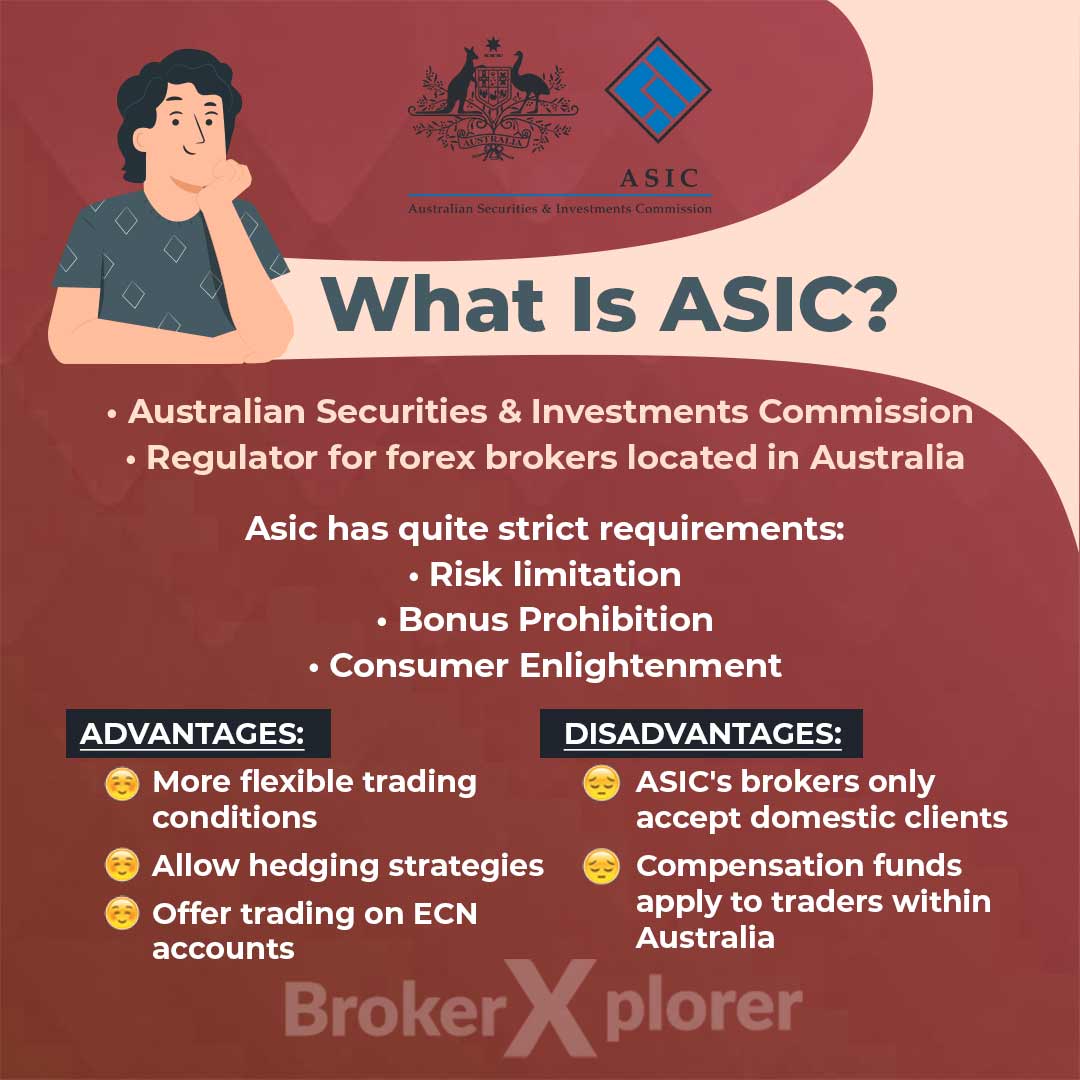ETF vs mutual funds are different in terms of minimum investment, costs, prices, as well as in how they are managed and exchanged.

ETFs and mutual funds have lots of similarities. Both refer to professionally managed "pools" of individual securities, such as stocks or bonds. Both provide investors with exposure to a diversified portfolio consisting of numerous asset classes and specialized markets without having to buy each asset individually.
However, what differentiates ETFs from mutual funds?
By definition, A mutual fund is a type of investment product that consists of a portfolio of stocks, bonds, or other securities. It is managed by seasoned financial experts who work together in an asset management company. Each mutual fund is divided into units or shares, which can be bought by lots of investors directly from the company.
Meanwhile, an ETF operates much like a mutual fund, with one additional clause: it can be traded on the stock exchange. For that reason, some folks call ETFs "publicly traded mutual funds". Each ETF is also divided into units or shares.
Differences between ETF vs mutual funds go beyond that point, though. They can be classified into these aspects:
- Minimum Investment
- Costs
- Prices
- Fund Management
- Trading Rules
Let's break down how each aspect sets ETF and mutual funds apart in the explanation below.
1. Minimum Investment
ETFs are traded like stocks, so the minimum investment may fluctuate from time to time. The minimum investment in ETFs is determined by the price of a single share and how many lots your broker allows you to buy.
First example: If the price of each share of an ETF is USD30 and the minimum acquisition is a single share, then your minimum investment is USD30.
Second example: If the price of each share of an ETF is USD30 and your broker allows you to buy fractional shares, then the required minimum investment may be a tenth of its whole price.
Of course, you can invest multiple times the minimum investment. You just have to prepare funds as much as the shares you wish to buy.
On the other hand, minimum investments for mutual funds often start at a fixed dollar amount and are not contingent on the share price of the fund. A mutual fund product may require a minimum investment of USD 100, although the price of each unit is USD 30.
See also: List of Brokers Offering ETF Trading
2. Investment Costs
Mutual funds' cost structures are relatively more straightforward. We can buy mutual funds either without any commission fees at all or with small amounts of subscription and redemption fees.
A mutual fund product usually explains all the charges it will impose on its fact sheet in cold, hard numbers. A fact sheet is a one-to-three-page information sheet that reveals a general summary of a mutual fund—a must-read for any prospective investors before diving deeper.
ETF cost structures are more complicated. ETF costs may include but are not limited to trading commissions, bid/ask spreads, and premiums or discounts to NAV. Each of them may fluctuate as the market evolves.
3. Prices
The price of each unit/share of a mutual fund is called Net Asset Value (NAV). It is calculated once a day at the end of market hours.
ETFs' value is determined by NAV, but they also have separate market prices. An ETF's NAV refers to the value of each share of the fund's underlying assets and cash at the end of the trading day. While an ETF's market price is the price at which shares of an ETF can be purchased or sold on exchanges during trading hours.
4. Fund Management
The majority of ETFs are passive investments linked to the performance of a specific index, although some of them may be actively managed. Fund managers first determine which assets will enter their ETF's portfolio, then release them to the market. They will only change the composition of their portfolio if the benchmark index's composition changes.
On the contrary, most mutual funds are actively managed by professional fund managers. It means fund managers may frequently change the composition of their portfolio to improve performances even without prior notice to investors.
5. Trading Rules
We can buy and sell ETFs in the stock market against other market participants. The mechanism is nearly identical to stock trading. But, we can only buy and sell mutual funds directly from fund managers and their agents.
Should I Invest in ETFs or Mutual Funds?
ETFs and mutual funds potentially lower your risk and exposure, while helping to diversify your portfolio. Yet, both are designed for different types of investors.
| Aspect | ETFs | Mutual Funds |
| 💰Minimum investments | vary | fixed dollar amount |
| 💸Investment costs | trading commissions, bid/ask spreads, and premiums or discounts to NAV | subscription and redemption fees (may also be free) |
| 💲Prices | NAV and market prices | NAV |
| Fund management | passive | active |
| 📈Trade in the market | ✔️ | ❌ |
From what we gathered in the previous part, ETFs are more suitable for experienced traders who are used to trading actively in the market.
Meanwhile, mutual funds are the best choice for novice investors and passive investors—those who are not used to trading every day but seek to invest a certain amount of funds regularly.
Investing in ETFs requires a higher degree of understanding of how the market works. We should also be able to analyze the market, either fundamentally or technically, to determine the right entry and exit points.
Compared to ETFs, investing in mutual funds is like a walk in the park. The hardest part of the job is determining which mutual funds to buy. Afterward, we can simply deposit our money and let fund managers work for us.

 Dedicated FREE FOREX VPS
Dedicated FREE FOREX VPS Free FOREX Virtual Private Server
Free FOREX Virtual Private Server MT4 Demo Contest, Get $500
MT4 Demo Contest, Get $500 Sign Up for an Account, Claim 60% Deposit Bonus
Sign Up for an Account, Claim 60% Deposit Bonus Free MT4/MT5 VPS 2024
Free MT4/MT5 VPS 2024 Send E-mail and Get Free Merchandise
Send E-mail and Get Free Merchandise $1K Refer a Friend Bonus for Pepperstone Pro clients
$1K Refer a Friend Bonus for Pepperstone Pro clients Maximize Your Earnings with 100% Deposit bonus
Maximize Your Earnings with 100% Deposit bonus Trade to Win, $5,000 Monthly Demo Contest
Trade to Win, $5,000 Monthly Demo Contest Claim 30% + 15% Deposit Bonus from LiteFinance
Claim 30% + 15% Deposit Bonus from LiteFinance








